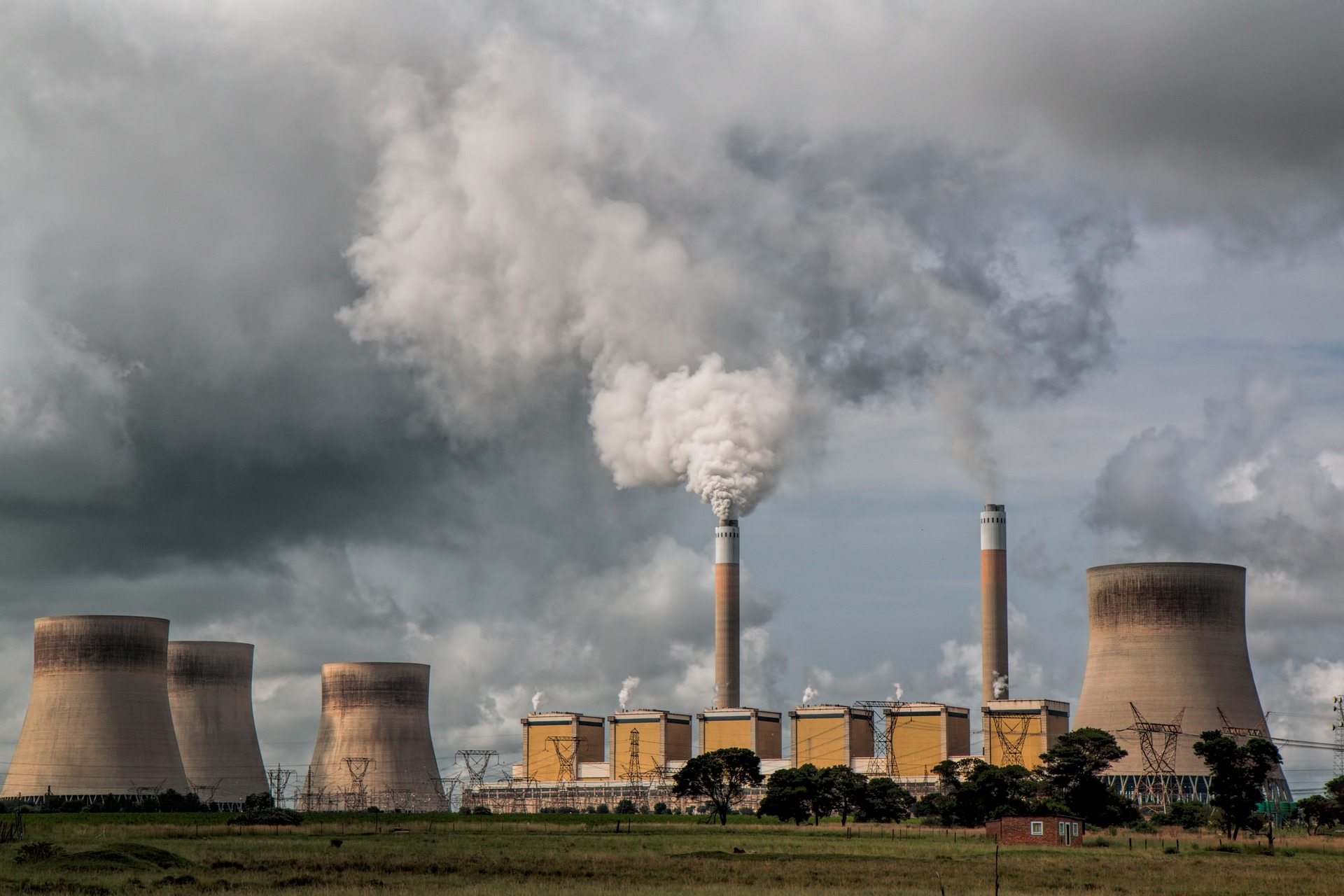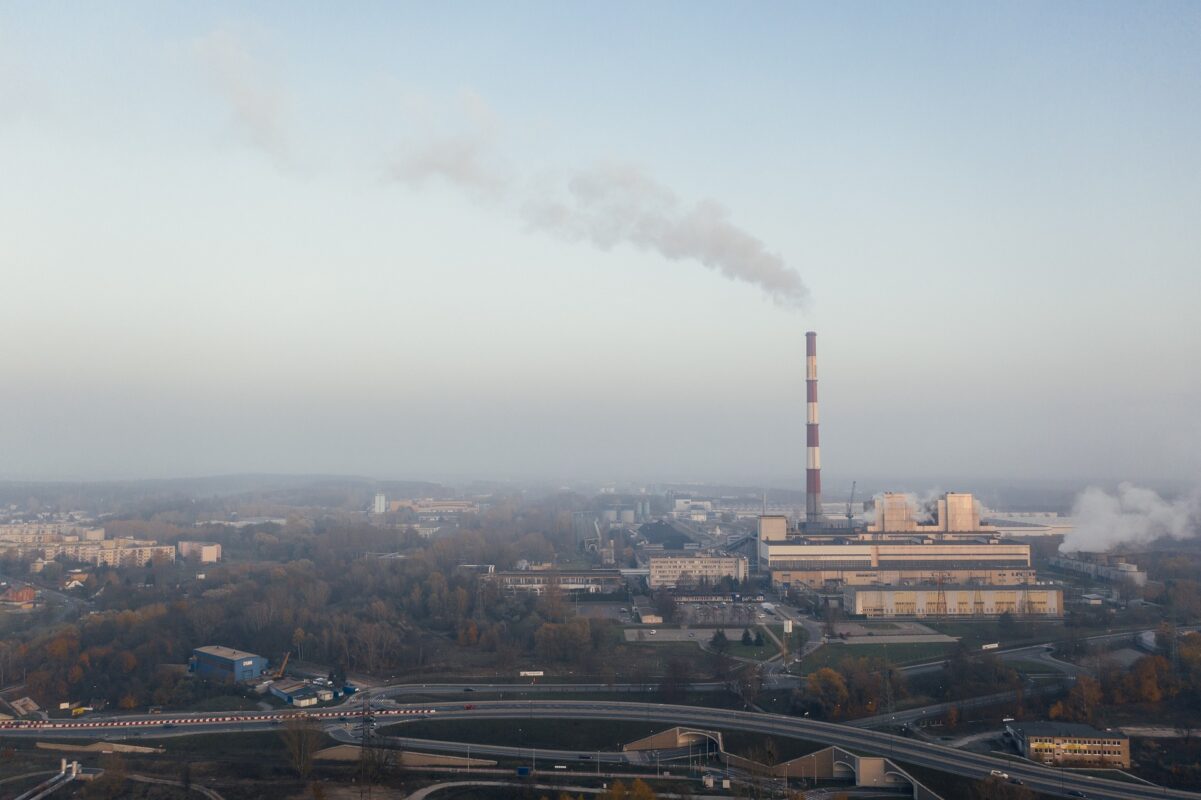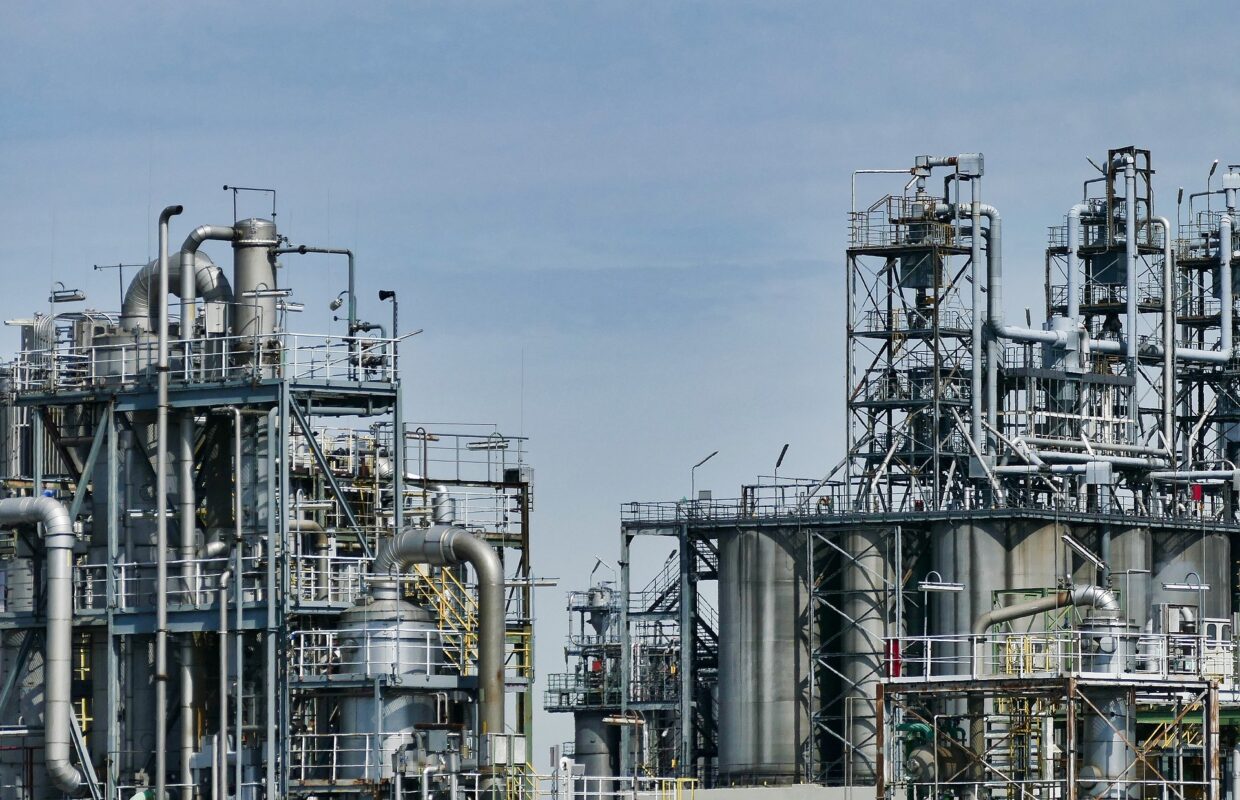
Blog
Oil Company’s Outlook: CO₂ Emissions and Energy Strategies

As you know, Donald Trump would accelerate oil industry in the coming years. However, there are so many concerns about this industry, such as environmental impacts or CSR. As the reality of climate change becomes clearer, oil companies are under a lot of pressure. So it is difficult to predict the future about this field. Let’s dive into the current situation of these companies, how much they’re contributing to CO₂ emissions, what they’re doing to reduce it, and what the future might hold for them.

The Current State of Oil Companies
Big names like ExxonMobil, Chevron, Shell, and BP dominate the energy sector. They’re huge players not only in energy production but in the global economy itself, supporting jobs, fueling innovation, and generating significant revenue. However, there’s a big downside: they’re also responsible for a huge share of global CO₂ emissions.
Here, can you guess how much they are emitting CO2?
In 2023, oil companies are responsible for about 15% of global CO₂ emissions. The burning of these products accounts for approximately 40% of global emissions, highlighting the significant impact oil companies have on the environment.
Oil companies are now influenced by international agreements like the Paris Agreement. This agreement aims to limit global warming to below 2°C. It has driven countries, and by extension companies, to set stricter emission targets. Because of this, many oil companies now have more aggressive goals, although some environmental groups argue that their actions still fall short.
Therefore, those companies have started to report their emissions and, in some cases, taken steps to try to reduce them. Yet, despite all the attention on climate change, these companies often face criticism that their actions aren’t enough. So, let’s take a closer look at their efforts.

Efforts to Reduce Emissions
So, what are oil companies doing to reduce emissions? Many have publicly announced ambitious goals. For example, BP has committed to becoming “net zero” by 2050, promising to lower not only its own operational emissions but also those created when customers use its products. Shell has also set emissions targets and pledged big investments in renewable energy.
One of the main strategies oil companies use is carbon capture and storage, or CCS. This technology captures CO₂ emissions from industrial plants and power stations and stores it underground, preventing it from entering the atmosphere. This technology requires advanced expertise and substantial investment. Companies like ExxonMobil and Chevron are investing in CCS, hoping it can make a real dent in emissions.
In addition to CCS, oil companies are turning to carbon offsets. This means they invest in projects that reduce or absorb CO₂ emissions elsewhere. These projects can include reforestation or renewable energy initiatives, which help “offset” the emissions from their own activities.
For example, BP bought around 40 million tons of CO2 equivalent.
Chevron retired 5.8 million carbon offset credits between 2020 and 2022, particularly from projects in Colombia.
As highlighted by the Paris Agreement, many oil companies have set more ambitious environmental goals. However, some environmental groups argue that these efforts still fall short in effectively addressing climate concerns. While it’s easy to criticize the negative impact of the oil and fossil fuel industry, these resources are still crucial for modern society. In particular, products derived from burning oil play an essential role in many industries and daily life. Therefore, alongside efforts to minimize the environmental harm caused by oil companies, it’s crucial to explore alternative solutions to reduce our dependency on fossil fuels and create a more sustainable future.

Transitioning Toward Renewable Energy
Facing increasing pressure to adapt, oil companies are starting to diversify their investments. They’re putting some of their resources into renewable energy, moving toward what’s called the “energy transition,” where we gradually shift from fossil fuels to renewable energy sources like wind, solar, and biofuels.
BP has started calling itself an “integrated energy company” and invested in solar and offshore wind. By 2030, BP plans to increase its renewable energy capacity to around 50GW, a twenty-fold rise from its 2019 levels. Additionally, the company aims to double its daily consumer interactions to 20 million.
Shell has committed substantial funds to renewables too, aiming to double its sales of clean energy by 2030. For instance, Shell is working to expand its electric vehicle charge points and bio-LNG refuelling sites. This shift includes retiring nature-based solutions and increasing carbon capture efforts.
Some companies are also developing alternative fuels. For instance, biofuels—produced from organic materials—release less CO₂ than traditional fuels. Chevron and TotalEnergies are exploring green hydrogen, a fuel that emits zero CO₂ when produced sustainably.
Chevron is developing a project in California’s Central Valley that uses solar energy to produce green hydrogen through electrolysis. The hydrogen will help reduce the company’s emissions and may be sold for broader clean energy use.
TotalEnergies has partnered with Air Liquide to produce green hydrogen for its Normandy refinery. The project will use renewable electricity to power a 200 MW electrolyzer, helping to cut CO₂ emissions by 150,000 tons annually.

Future Prospects and Challenges
Prospects
Looking to the future, oil companies face a complicated journey as they try to balance their traditional roles with the need to cut down on emissions. Transitioning to renewable energy requires these companies to innovate, adapt their business models, and invest in new technologies, which can be expensive and challenging. But it’s important to note that these investments in renewables still make up only a small part of most oil companies’ budgets. In general, only around 1-5% of their spending goes toward clean energy So the majority still going into oil and gas production. The shift to renewables is happening, but the scale needs to be much larger for a truly significant impact on global emissions.
As more people favor renewable energy, oil companies will need to be more transparent. They must clearly demonstrate their commitment to environmental goals in order to maintain public support.
Challenges
One major question of oil companies is the future demand for oil. While Donald Trump’s policies were seen as potentially boosting the oil industry, there are broader concerns that, in the long term, oil demand will decline due to growing environmental awareness and a shift toward renewable energy. This transition is driven by increasing concerns over climate change, which is prompting governments and businesses to invest in cleaner energy alternatives. With the rise of electric vehicles and stricter climate policies, it’s possible that oil demand could decline in the coming decades. For these companies, this creates a potential risk.
To adapt, some oil companies are forming partnerships with tech firms, renewable energy providers, and governments to develop innovative solutions. These collaborations aim to reshape oil companies’ roles in the emerging low-carbon economy. By investing in cleaner energy sources and technologies, they are working to position themselves as key players in the transition to sustainability.
Emerging technologies could also play a role in this transformation. Advanced biofuels, green hydrogen, and more efficient CCS technology might open up new opportunities to cut emissions and help oil companies transition to cleaner energy. If these companies can use their infrastructure and expertise to develop these technologies, they could become leaders in the shift to a greener economy.

Conclusion
Oil companies are at a turning point, balancing their role as energy providers with the responsibility to reduce CO₂ emissions and promote a more sustainable future. What they do in the next few years will be crucial in the fight against climate change. But this will require not only technological changes but also big shifts in culture, strategy, and financial planning, and only a few companies seem ready to embrace that at scale so far.
Both supporters of oil companies and those dependent on conventional oil products need to take proactive steps to prepare for the upcoming transition. This includes investing in new technologies, renewable energy sources, and exploring options like carbon credits to offset emissions. At Carbon Da Capo, we’re here to help these companies navigate this shift and take meaningful action toward sustainability. Let’s work together to make a positive impact!
